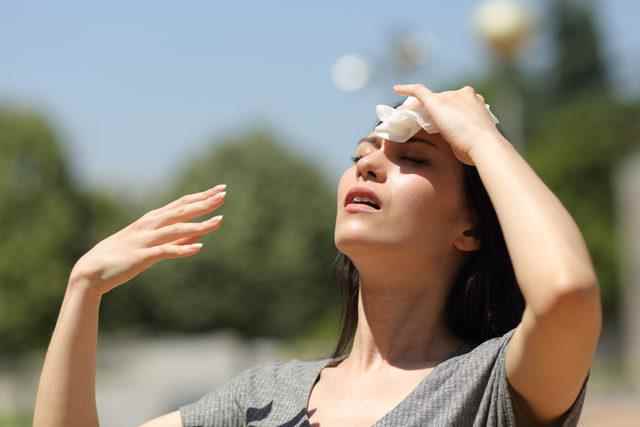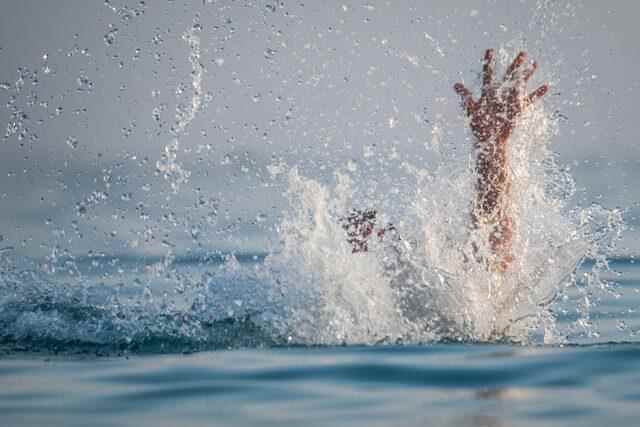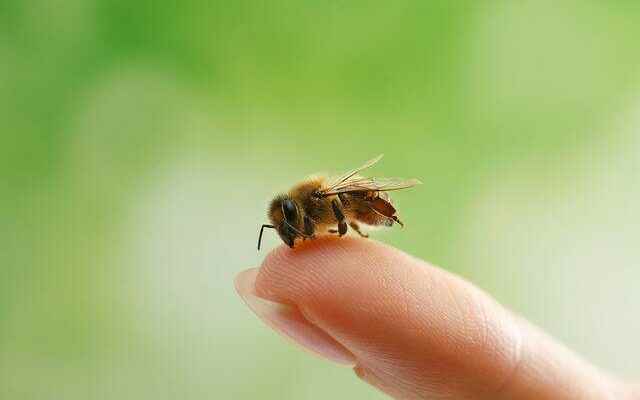Acıbadem International Hospital Emergency Department Responsible Physician Dr. Rıdvan Acar, drawing attention to the vital importance of providing first aid correctly in these problems, which are frequently encountered in the summer season, said, “When first aid applications are applied consciously until the arrival of the health personnel, they can save lives. For example, in drowning, if basic life support is provided by trained personnel, the person is likely to be saved. Or, when applying first aid in snake bites, a mistake we make, such as sucking the bitten place, can cause fatal harm to us and the patient.
DANGER TO BE CONSIDERED IN SUMMER
Children, the elderly, those with chronic diseases and pregnant women are at higher risk due to the more sensitive immune systems and body fluid-electrolyte balances!
SUN STROKE
Staying in the sun for a long time in summer; sunstroke, sunburns, exacerbation of some skin diseases, aging of the skin in the long term and skin cancer risks. Sun stroke; It manifests itself with symptoms such as headache, nausea, confusion and high fever due to prolonged exposure to sunlight. Early intervention is vital for sunstroke, as it can lead to permanent loss of liver and kidney function, and even death, if the treatment is delayed.

What to do?
- In case of heatstroke, take the person to a cool place and apply cold compresses.
- Make sure to drink plenty of fluids and rest.
- If possible, take a warm shower. If he is unable to shower, place a washcloth soaked in cold water on the head, armpits and groin areas. Apply this compress regularly for 20 minutes.
- However, if his condition does not change, seek medical help or seek medical help without wasting time on his side in case of vomiting.
INSECT BITES
One of the most common problems in the summer months is insect bites. Mosquitoes, bees and tick bites are the most common in our country. Insect bites cause skin rash and redness. These can be painful, and sometimes very itchy. Infections can also develop. Some people have a mild allergic reaction to insect bites; A large area around the bite becomes swollen, red and painful. In people with an allergic constitution, a serious allergic reaction such as difficulty in breathing, dizziness and facial swelling may occur, which requires emergency medical treatment. Dr. Rıdvan Acar warns that if there are signs of inflammation such as pus and abscess in the bitten area, and if these have not disappeared within 2 days, you should go to the hospital without wasting time, and says, “Because this situation may indicate that the insect can be poisonous and it can indicate infection, it is also dangerous if the treatment is delayed.”

What to do?
In insect bites: If the insect is on the skin, first remove the insect with sterile tweezers. Afterwards, wash the area with soap and water. Applying cold compresses for at least 10 minutes and, if possible, elevating the bitten area will help reduce swelling. Also avoid irritating the area to reduce the risk of infection.
In bee stings: The first thing you should do is to immediately remove the sting of the bee. Thanks to the rapid intervention, the spread of the poison released from the needle will be prevented, and the aggravation of the reactions that may occur is prevented. But beware! Removing the needle by squeezing the skin can cause more venom to spread throughout the body. After removing the needle, wash the problem area with cold water and soap to soothe the skin and remove dirt and poison from the area. In order for the poison to be absorbed less by the body and to alleviate the swelling, you can apply an ice compress to the problem area. After wrapping the ice in a towel, leave it on the bitten area for 20 minutes. In addition, if the bitten area is your arm or leg, it is useful to keep this area elevated to relieve pain and swelling.
In tick bites: Do not remove the tick from the body, do not pour anything on it, and do not try to kill it. Dr. Rıdvan Acar, pointing out that even if there are no complaints in tick bites, you should apply to the nearest health institution without any intervention and without wasting time, “It is very important that the tick removal process is done by experts, otherwise some of it may remain under the skin and life will be lost as a result of the transmission of the infection with the tick saliva. It can cause threatening problems.” says.
drowning in water
Asphyxiation is the deterioration of tissues as a result of insufficient oxygen reaching the tissues in the body. difficulty in breathing; noisy, rapid and deep breathing; foaming at the mouth, bruising on the face, nails and lips, general distress and fainting. Dr. Rıdvan Acar warns that first aid is very important in drowning.

What to do?
- Have the person at risk of suffocation in the supine position. If you do not know how to swim very well, it will be inconvenient to take it out by swimming. This may cause you to experience the same problem.
- After taking it out of the water quickly and carefully, check your breathing and pulse and lay it on your back.
- While intervening, do not push the head too far back to avoid the risk of a fracture in the head or trunk. Remove any materials that may hinder breathing. Take off your wet clothes and cover them with a dry cloth.
- Call 112 and seek help. Even if 20-30 minutes pass, the person is allowed to breathe with artificial respiration. Give artificial respiration regularly until paramedics arrive.
NOSE BLEEDS
Dry and hot weather conditions increase the risk of nosebleeds. In people with prominent and very superficial nasal veins, the nose can bleed easily with severe blowing and tampering. Dr. Rıdvan Acar points out that if you are taking blood thinners to prevent nosebleeds, if you have heart and blood pressure problems, you should not go out in the sun as much as possible during the hottest hours of the day.
What to do?
